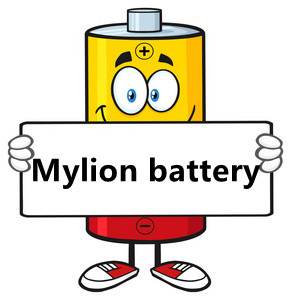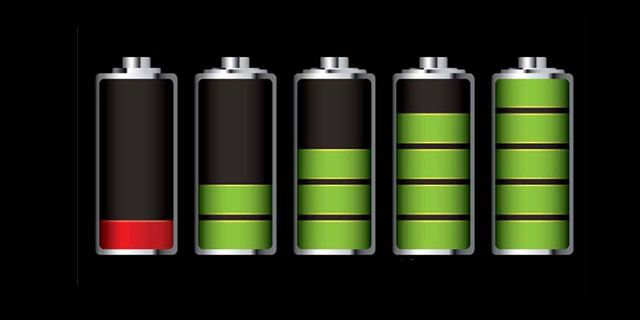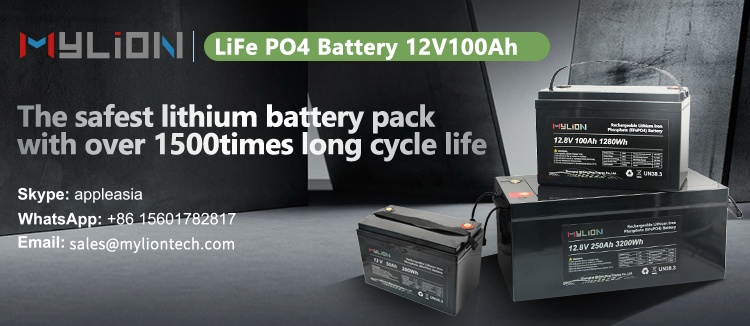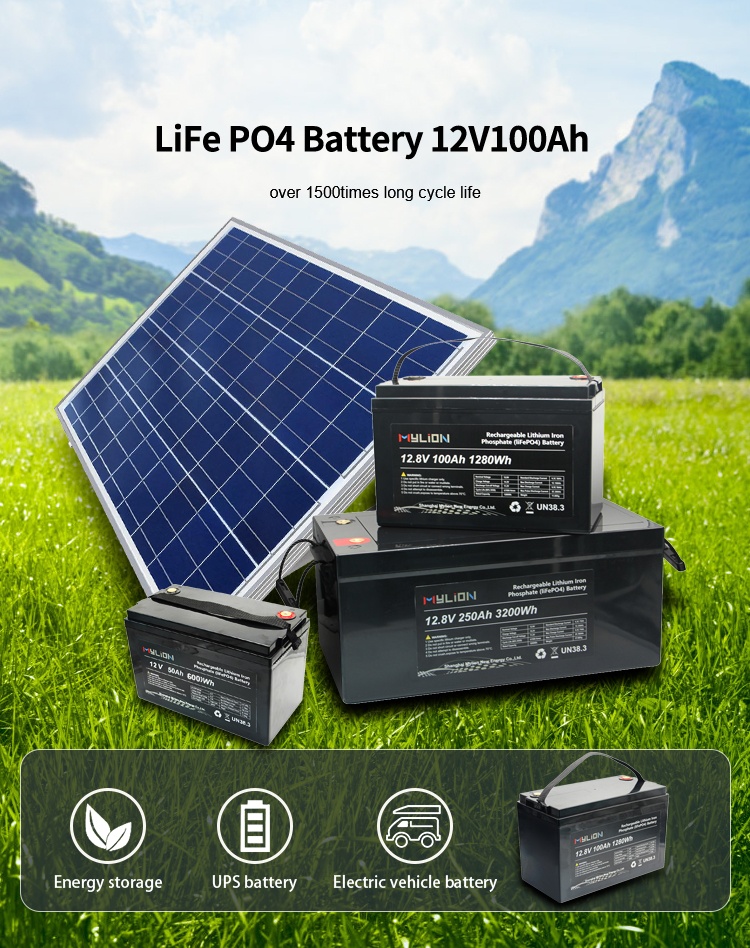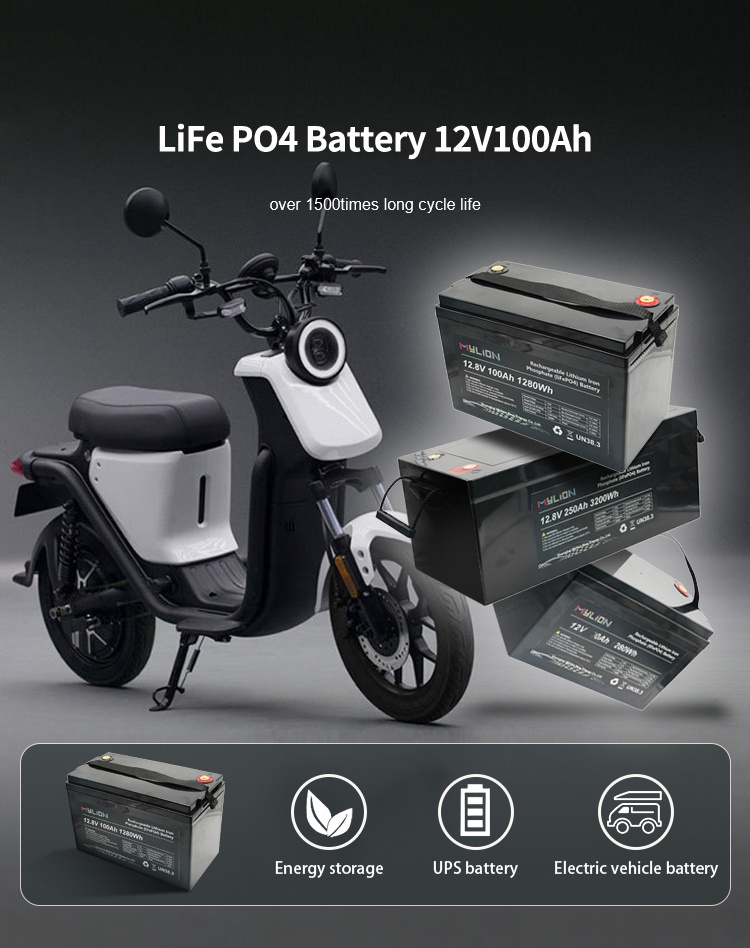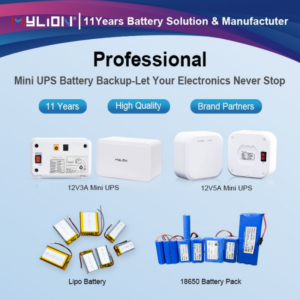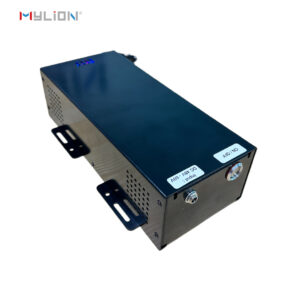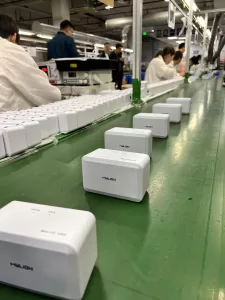The electrolyte of the gel bateria is solidified in a gel form between the positive and negative plates and the separator of the bateria pole group, so that the electrolyte does not flow, and has the advantages of high cycle reliability, high charging efficiency, and long service life in a high-temperature environment. At the same time, it also has significant advantages in energy saving and pollution reduction.
In the maintenance practice, it is found that after the gel bateria is installed and used for about half a year, the bulging of the individual colloidal battery shell is very serious: the side wall and the shell cover of the battery are bulged to different degrees; the leakage of liquid at the safety valve is very obvious, and the battery cover surface The distribution of acid traces is basically a “jet” shape centered on the safety valve; the bateria compartment body is corroded due to bateria leakage; the safety valve port is cracked.
From the analysis of maintenance records and on-site conditions, the main reasons for this phenomenon are as follows:
1. The external exhaust of the safety valve is not smooth. The safety valve has the function of adjusting the air pressure inside the battery. Under normal circumstances, it should be able to release the internal gas in time. In the early stage of the use of the gel bateria, since the electrolyte inside the bateria is relatively “rich”, the gas evolution during the charging process is large. If there is a problem with the safety valve and the exhaust is not smooth, when the gas evolution of the bateria during the charging process is large to a certain extent, the shell will swell due to “flatulence”, and even the safety valve will crack.
2. The parameter design of the bateria management program chip of the switching power supply system is inconsistent with the use characteristics of the gel bateria. By comparing the parameter settings of the switching power supply of the swollen bateria and the switching power supply of the uninflated battery, it is found that the switching power supply manufacturers of the swollen bateria have designed the freewheeling charging function in order to fully charge the bateria (that is, use a small current after charging is completed. continue to charge the battery).
3. The temperature sensing line of the gel bateria compartment is not connected, so that the system cannot realize the conversion from equalization to float when the temperature reaches 40 °C. In a high temperature environment, the failure of the temperature compensation function actually increases the total float voltage of the battery pack, which directly leads to the fact that the final charging current of the bateria cannot be reduced, but instead increases the charging current in multiples, and continues to affect the internal analysis of the battery. gas and heat, which intensifies the electrolysis of the colloidal electrolyte water and causes the bateria to swell.
4. The bateria ventilation conditions are poor. The design of the battery cabinet fully considers the security of theft, resulting in poor ventilation and natural heat dissipation of the battery pack, and the temperature generated by the battery pack during the charging process cannot be diffused in time, which also has a certain impact on the bulging of the bateria casing.
In the high temperature environment in the south, according to the characteristics of the gel bateria, in the case of ensuring that the bateria is fully charged, the threshold current value and the protection time of the equalizing charge to floating charge should be reasonably set to avoid the overcharge of the bateria. At the same time, it is necessary to do a good job in over-temperature protection of the bateria and strengthen the inspection of the safety valve. If any problem is found, it should be rectified in time to improve the efficiency and service life of the gel bateria. In this way, the advantages of the colloidal battery, such as power saving, reducing lead and acid pollution, etc., can be brought into full play.

